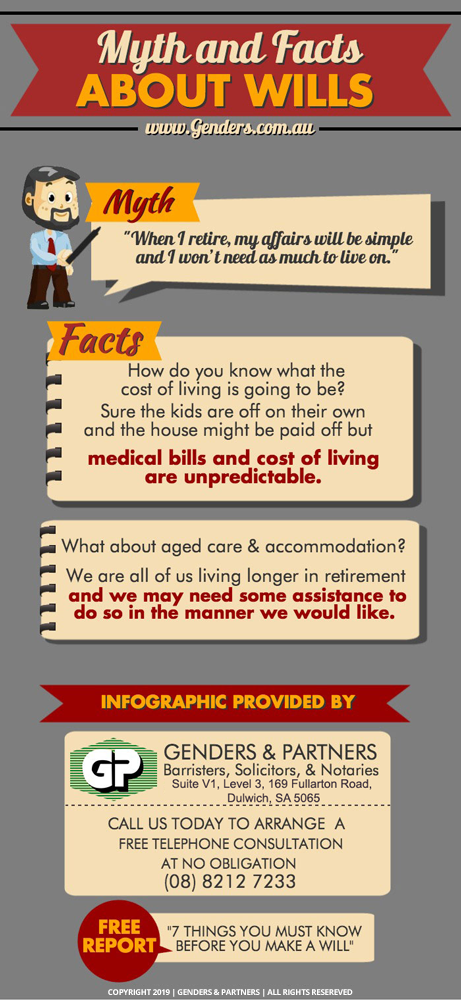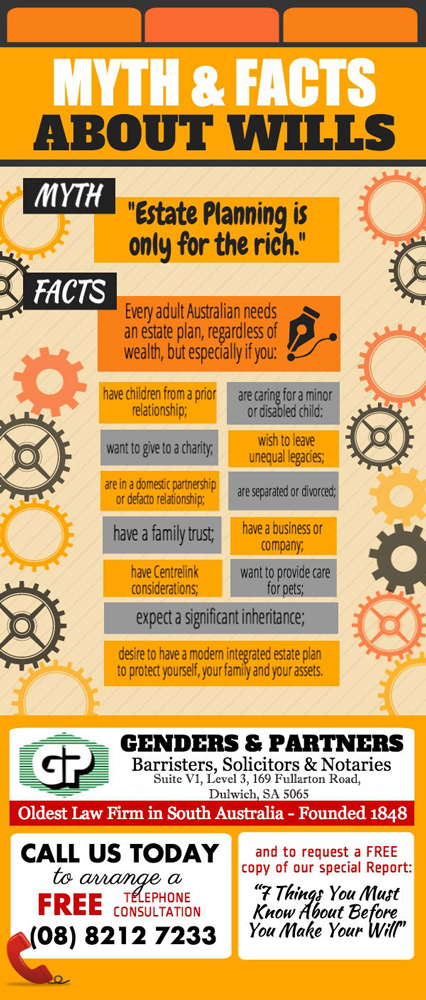What Is A Will Worth?
Several times each week, my phone rings, and someone asks me the question: “How much do you charge to make a simple Will?”
I always answer honestly, and provide as much detail as I am able. I try to ask some questions to inform my understanding of their situation. Some people resist this type of discussion – they think they know what they want, and now are simply shopping on price.
I can’t help those people. They don’t want what I have to offer. They aren’t looking for sensible, practical advice. They aren’t interested in education. They refuse to consider the possibility that they are not asking the right questions. Their minds are closed.
It’s as if they have diagnosed their own illness, and written their own prescription. They don’t want a doctor to ask them questions or form an independent assessment of their needs. They just want the pharmacist to fill the prescription with a minimum of fuss and expense.
Best of luck to them, and to their families. I think they’ll need it.














